OUR TEAM
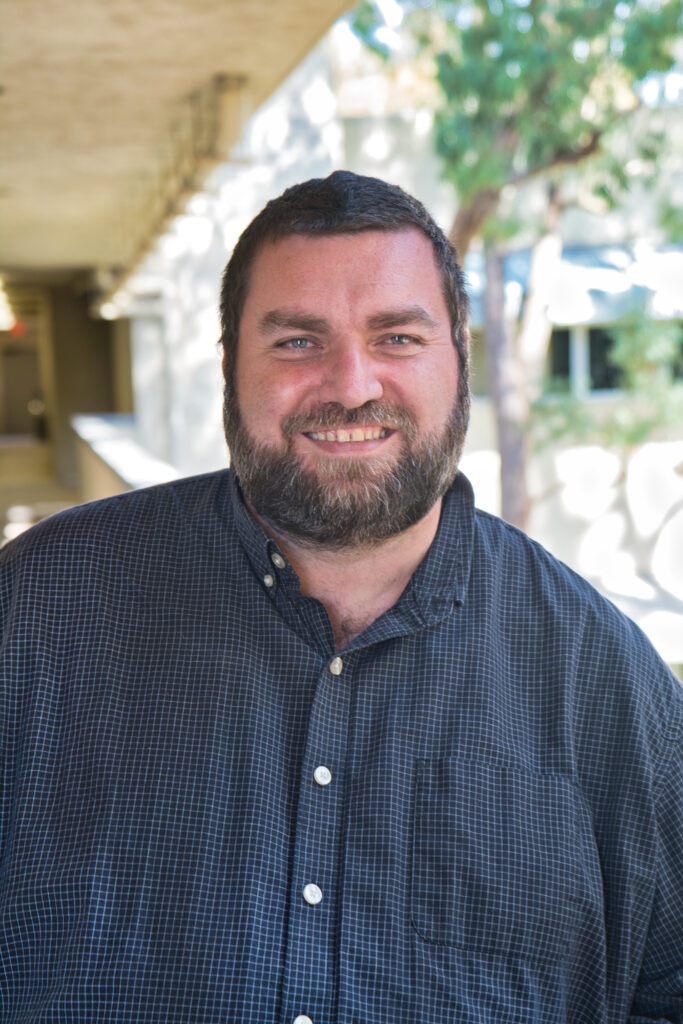
Dr. Federico Rossano
Principal Investigator
Federico Rossano is an Associate Professor in the department of Cognitive Science at the University of California, San Diego. He received his PhD in Linguistics from the Max Planck institute for Psycholinguistics and Radboud University, Nijmegen (The Netherlands) and has worked as a post-doctoral researcher in the Department of Developmental and Comparative Psychology at the MPI for Evolutionary Anthropology in Leipzig (Germany). His current research adopts a comparative perspective on social cognition (cross-ages, cross-cultures and cross-species) and focuses on the development of communicative abilities and the structure of social interaction in human and non-human animals. He is the scientific lead of the world largest scientific study of button pressing pets.
Research Interests:
Social cognition ● Ontogeny and phylogeny of property (possession, ownership) ● Value perception, fairness, distributive and procedural justice ● joint attention, gaze following, and voice following ● Ontogeny, structure, and timing of gestural communication ● Sequential organization of talk and visible behavior in human communication ● Interactional organization of cognitive and systemic psychotherapy sessions
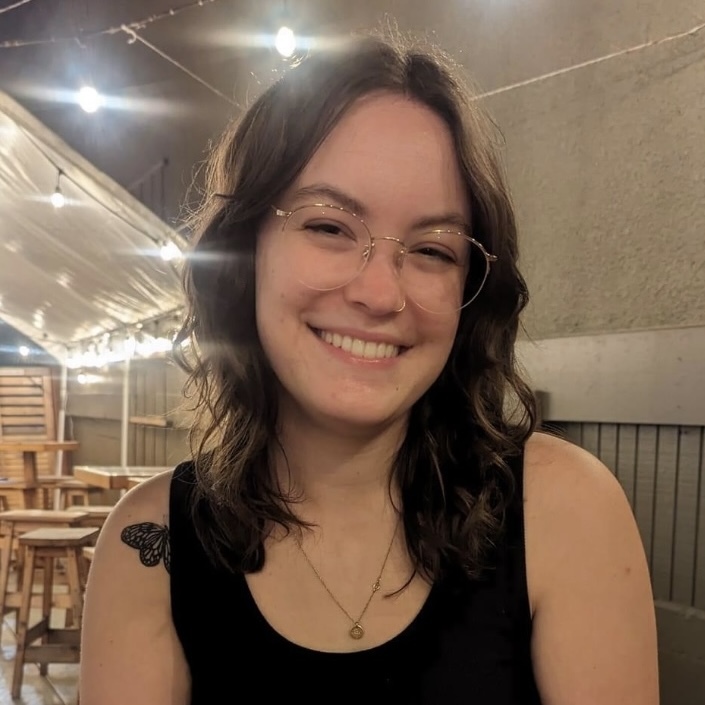
Alexis burke
Alexis graduated from Scripps College with a BA in Linguistics. While an undergraduate, they worked with young children as a preschool teacher’s assistant and as an RA in the UCLA Language Lab and wrote an honors thesis on the indexing of nonbinary gender through speech. Alexis is interested in children’s social and linguistic learning through self-directed exploration and pretend play, and she is passionate about the relationship between cognition research and early education pedagogy.

Alex grew up outside of Phoenix, Arizona, and later moved to Tucson where she obtained her undergraduate degree in Neuroscience and Cognitive Science from the University of Arizona. There, she worked in the Child Cognition Lab studying working memory and rule abstraction. She then joined the Arizona Canine Cognition Center, directed by Dr. Evan MacLean. Alex later completed her master’s degree at University of Chicago, studying welfare and decision-making in primates at Lincoln Park Zoo. Currently pursuing her doctoral studies at UCSD, Alex is a member of the Comparative Cognition Lab where she investigates social cognition and communication, primarily focusing on dogs.

Jack is a PhD student in Cognitive Science researching how the normative structure of social interaction alleviates and is shaped by the cognitive demands of communication. He graduated from Dartmouth College where he studied Cognitive Science and Computer Science and previously worked at MIT on autonomous vehicles and in industry on natural language understanding.

A psychologist by training, Stephan has spent the last years mainly studying the behavior and cognitive abilities of different apes species (gibbons, orangutans, gorillas, humans, bonobos, chimpanzees). Stephan’s research aims at gaining insights about the ultimate and proximate origins of social cognition in humans and animals through comparative and developmental approaches. More precisely, he asks questions such as: To what extent do cultures influence the social behavior in primate societies? How much intraspecific variation can be found in different primate species? What are the ultimate and proximate factors that lead individuals to either cooperate or compete with each other in specific interactions?
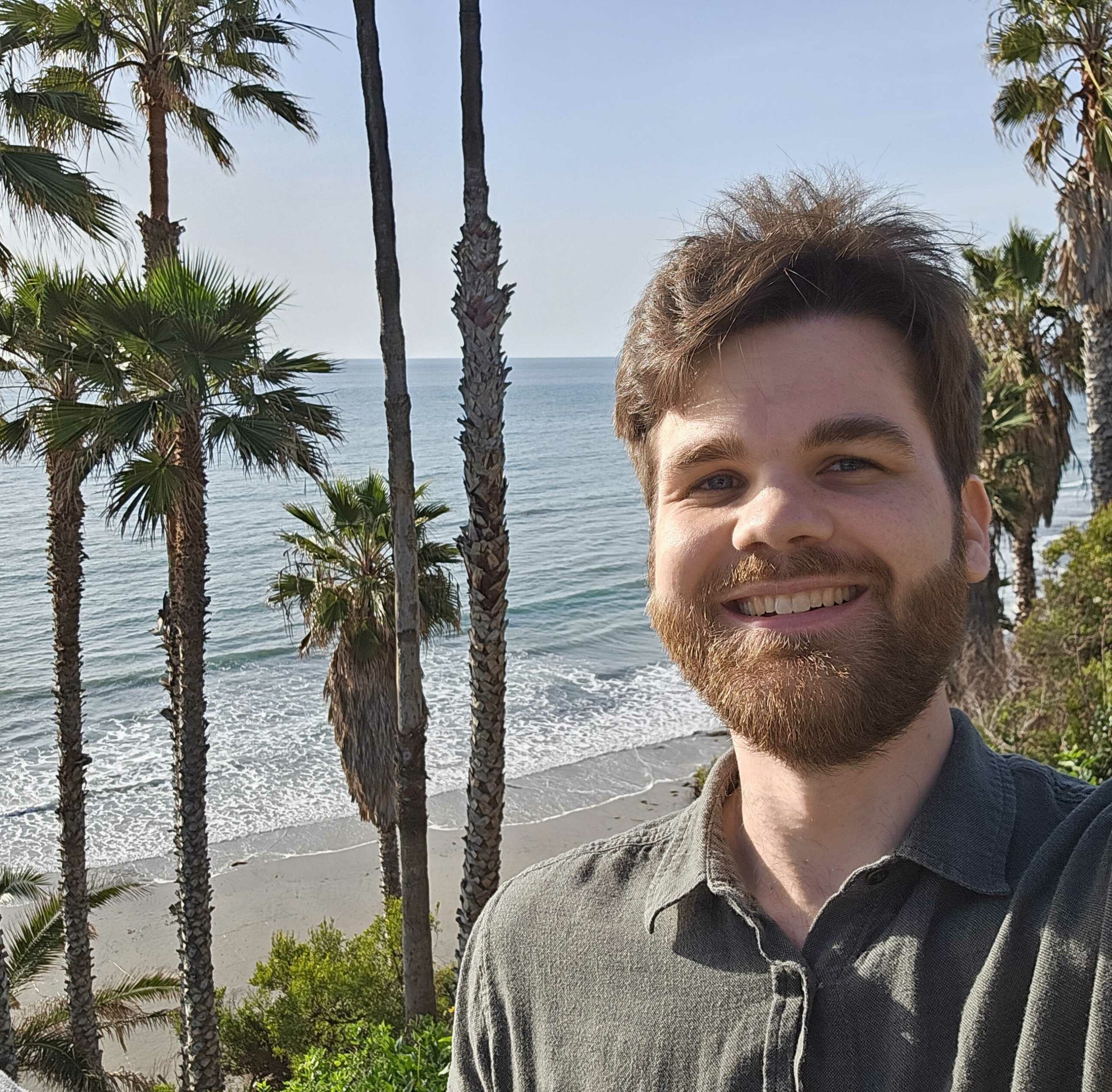
Max Potter
Max is a California native and grew up just north of San Diego in Carlsbad. He studied Cognitive Science and Bioinformatics in his undergraduate years at UCLA. While there, Max worked in the Visual Intelligence Lab under Dr. Tao Gao to research how the physical environment and group settings impact inferences about human communication. After completing his bachelors, Max returned to San Diego and is now a UCSD PhD student in the Comparative Cognition Lab with Dr. Federico Rossano. He is currently interested in studying how multi-agent settings impact language, communication, and social role-taking strategies in humans.
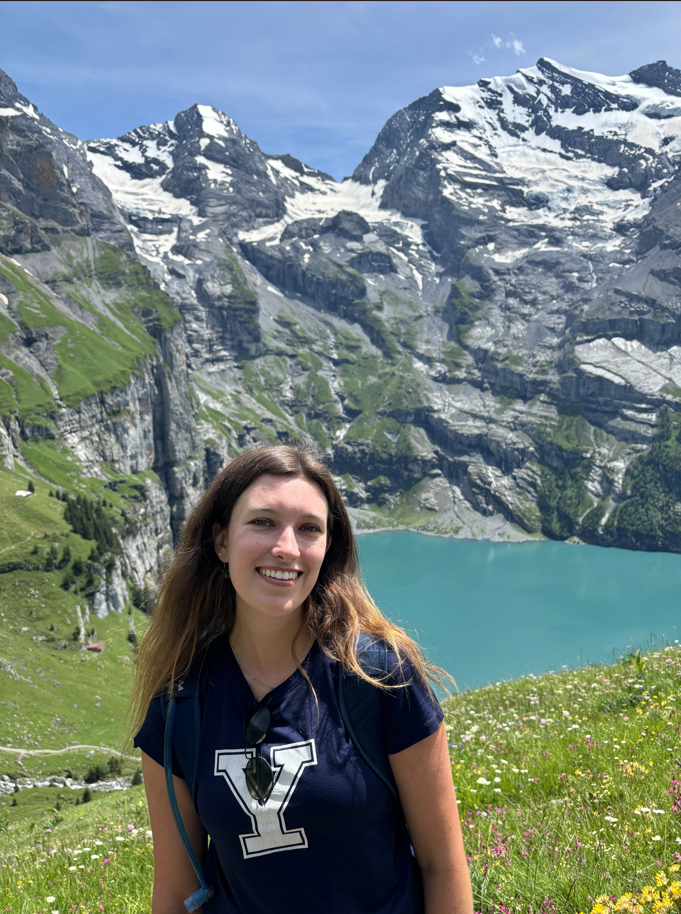
Madeline Meade
Madeline studies nonhuman primate cognition, ranging from sociality and Theory of Mind to logical reasoning, as an approach to understanding the evolution of human intelligence. She has also previously studied how pet dogs make social evaluations. She received her B.S. in Ecology & Evolutionary Biology from Yale University, and managed Dr. Laurie Santos’s Comparative Cognition Lab there after graduating.
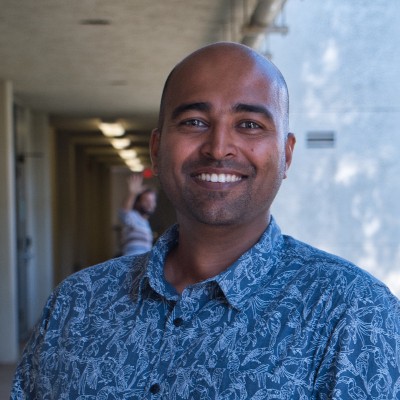
Akshay Nagarajan is a Ph.D. student in Cognitive Science at the University of California, San Diego. He has a Masters in Robotics from Amrita University. Akshay has extensive experience in designing autonomous robots, delivery drones, haptic and virtual reality simulators, and in human robot interaction. His research focuses on investigating cognitive skill development in children and he hopes to use his research to create equitable learning environments in classrooms.
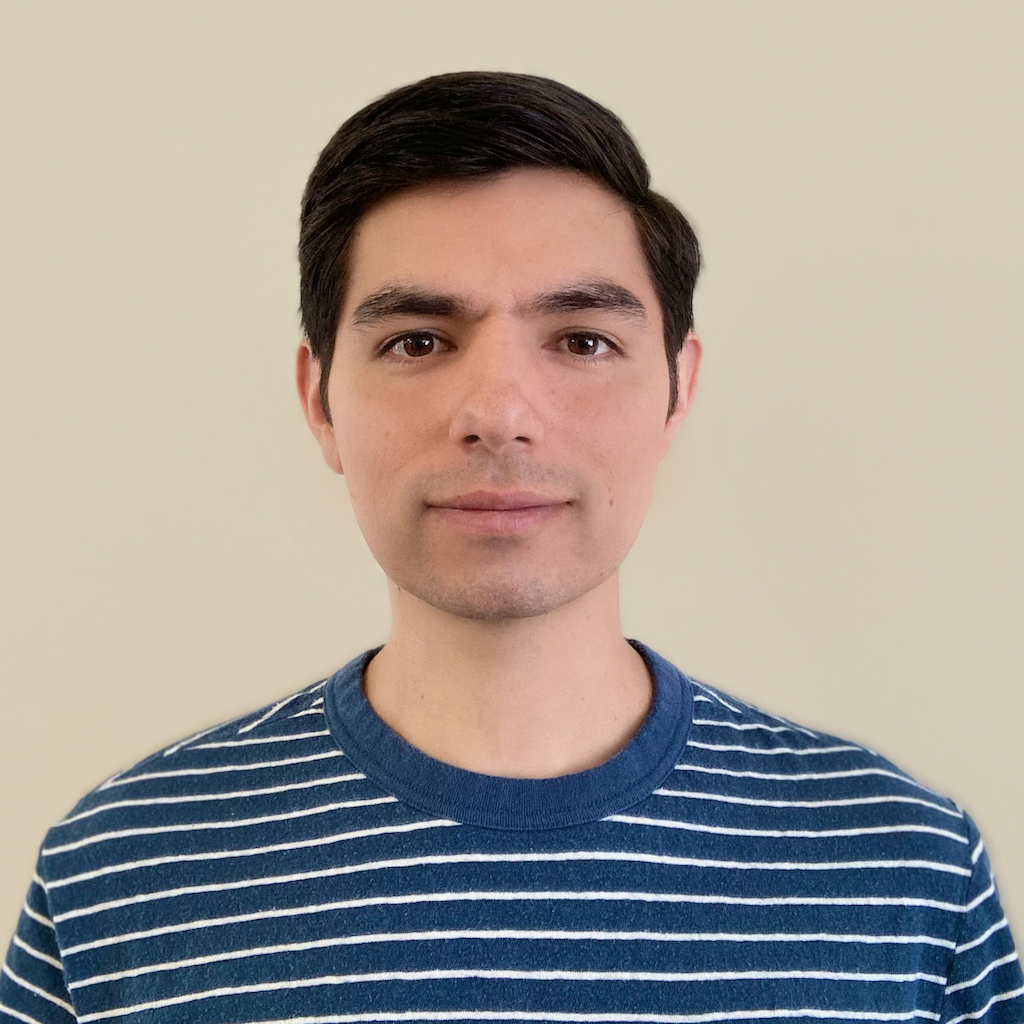
Andres “Andy” Meza is a PhD student in the Department of Computer Science & Engineering at UCSD. He received a B.S. in both computer science and cognitive science with a machine learning and neural computation specialization from UCSD in 2020. His research interests include hardware security, optimization of machine learning models for hardware deployment, and computer vision. His work with the Comparative Cognition Lab focuses on leveraging machine learning and computer vision (i.e., automated methods) to overcome the limitations of state-of-the-art data collection and labeling practices (i.e., manual labeling). With these automated methods, he hopes to enable CCL researchers to study phenomena at larger scales and finer levels of granularity. Contact him at anmeza@ucsd.edu.

Trang chu
Team Lead
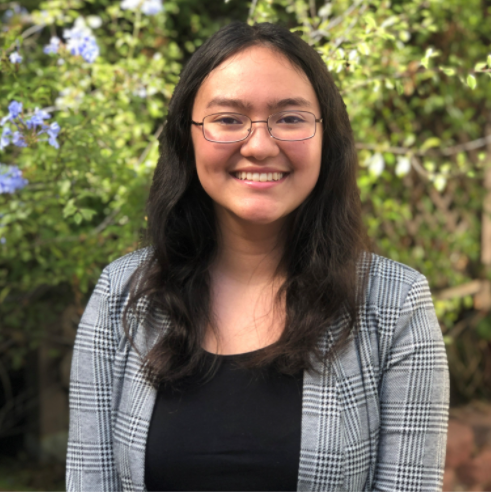
Genavieve Koenigshofer
Team Lead

Cassandra Paul
Team Lead
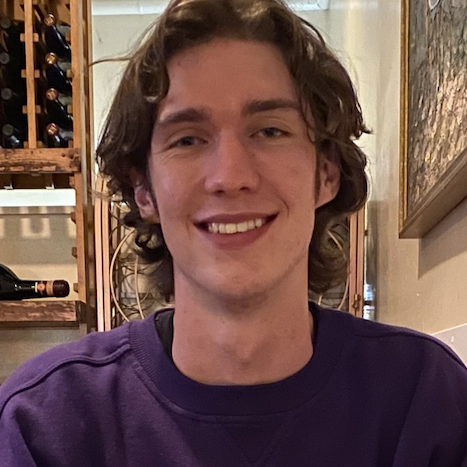
Soren Boddy
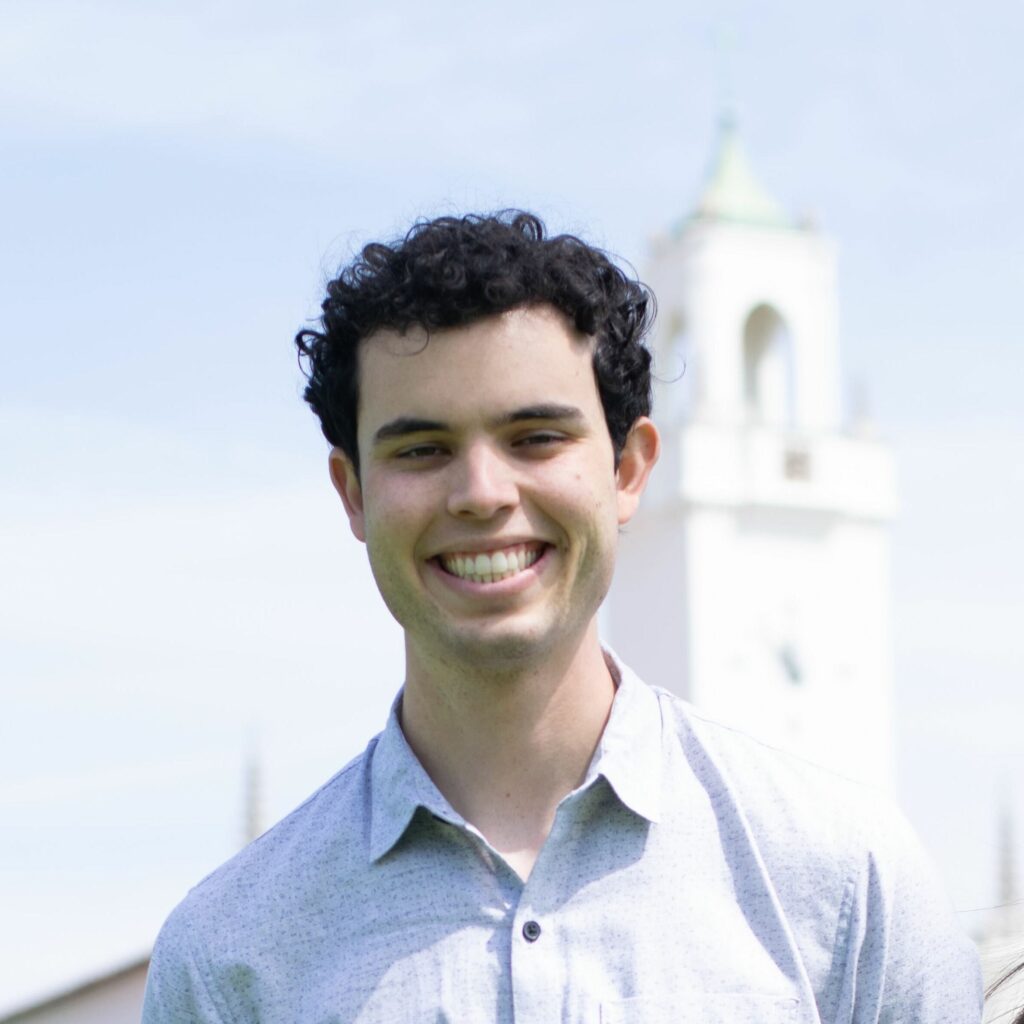
Josh Clarke
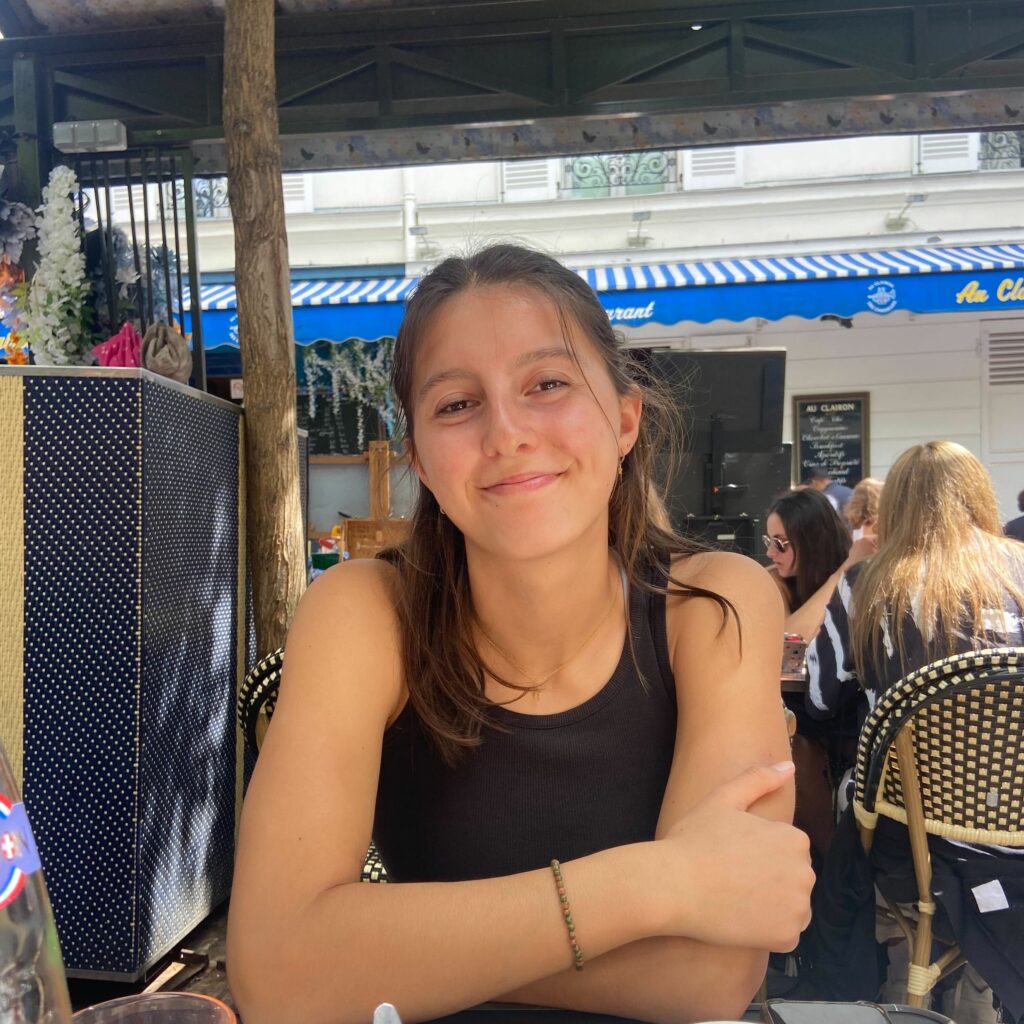
Julia Di Silvestri

Amanda Goguen
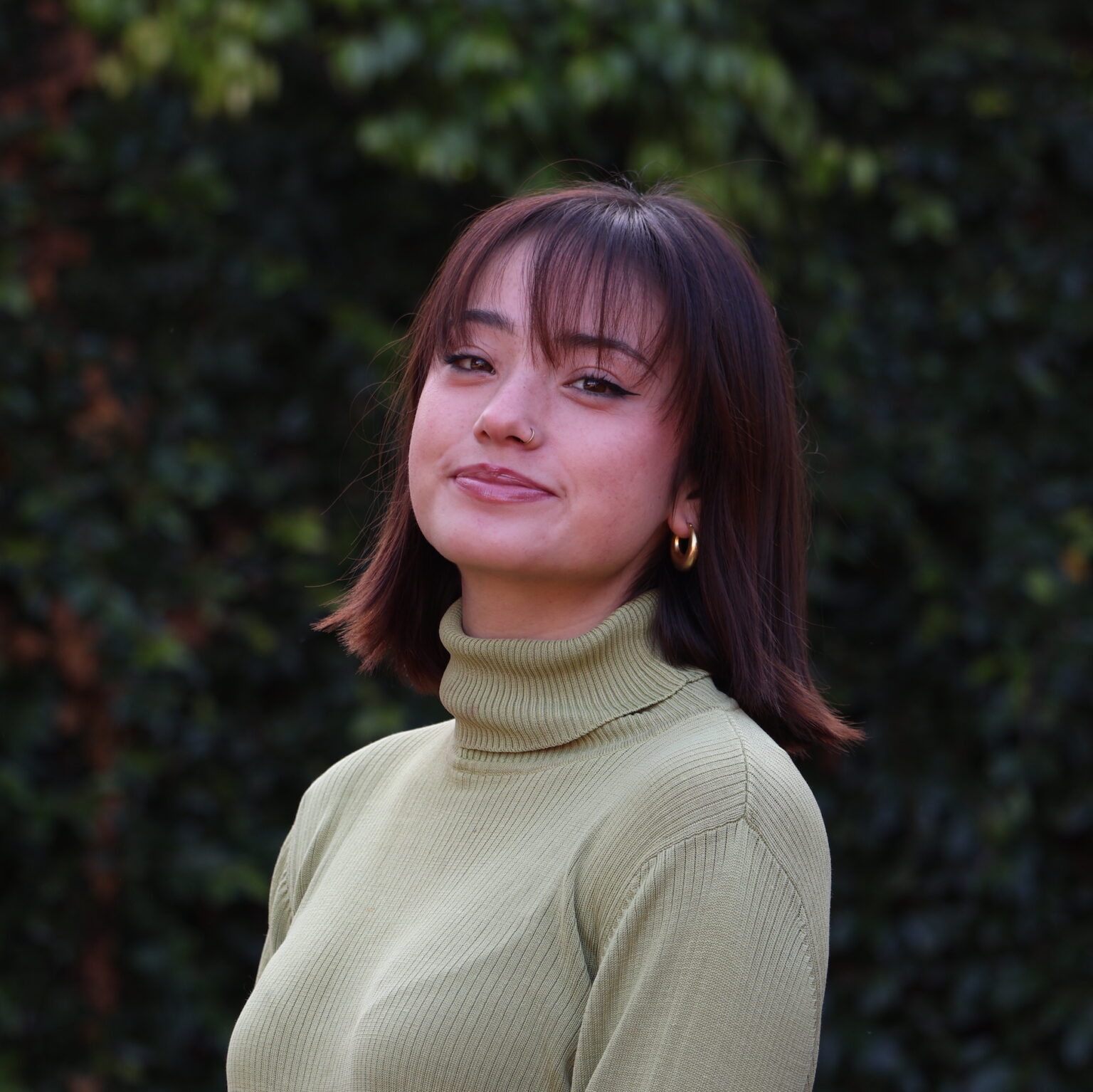
Anya Gommeren
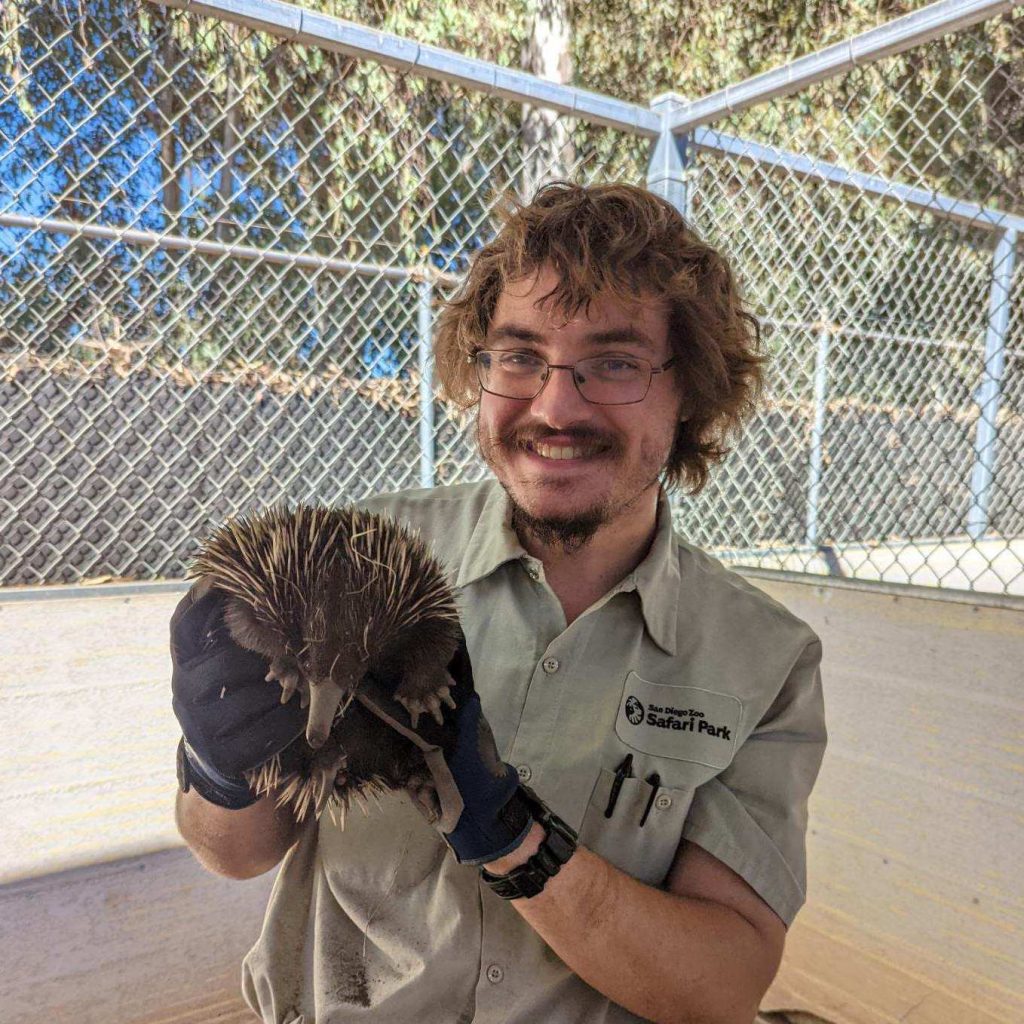
Declan Healy
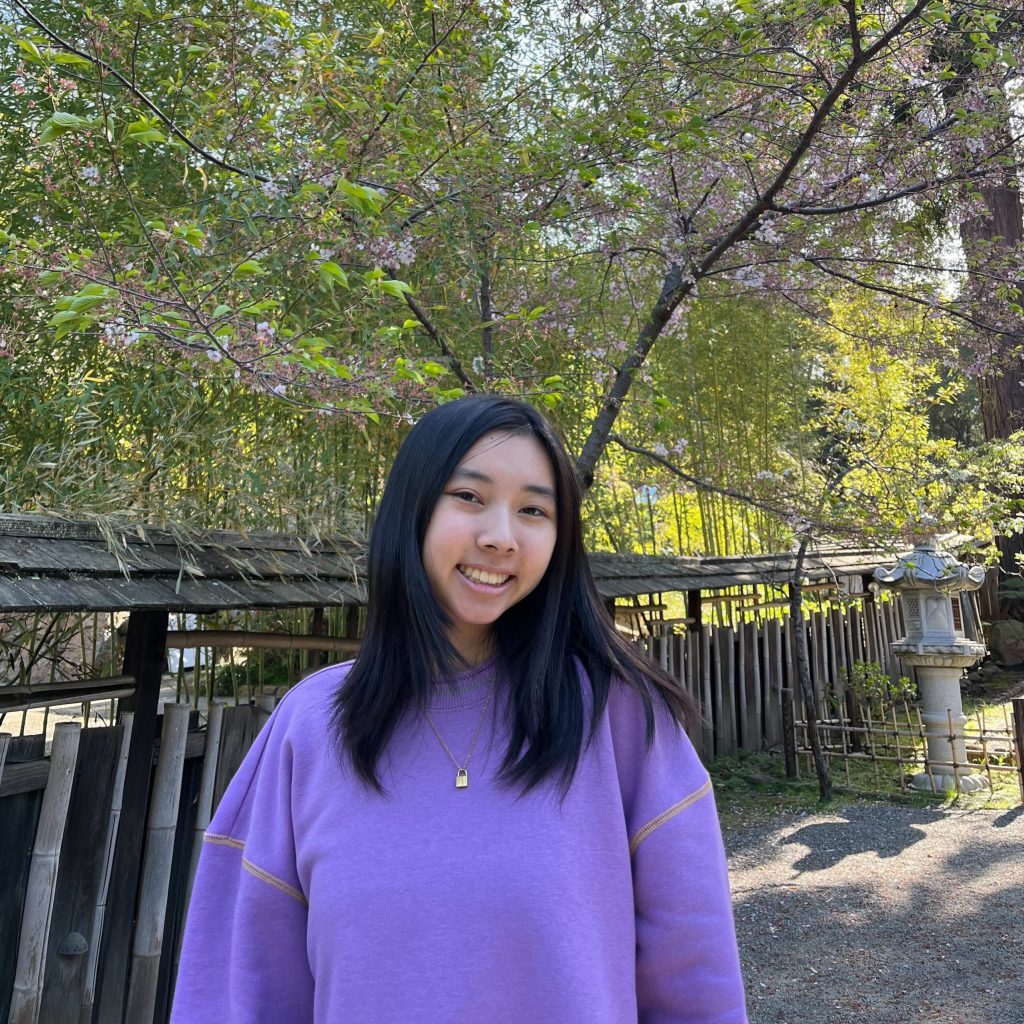
Kaylee Hou
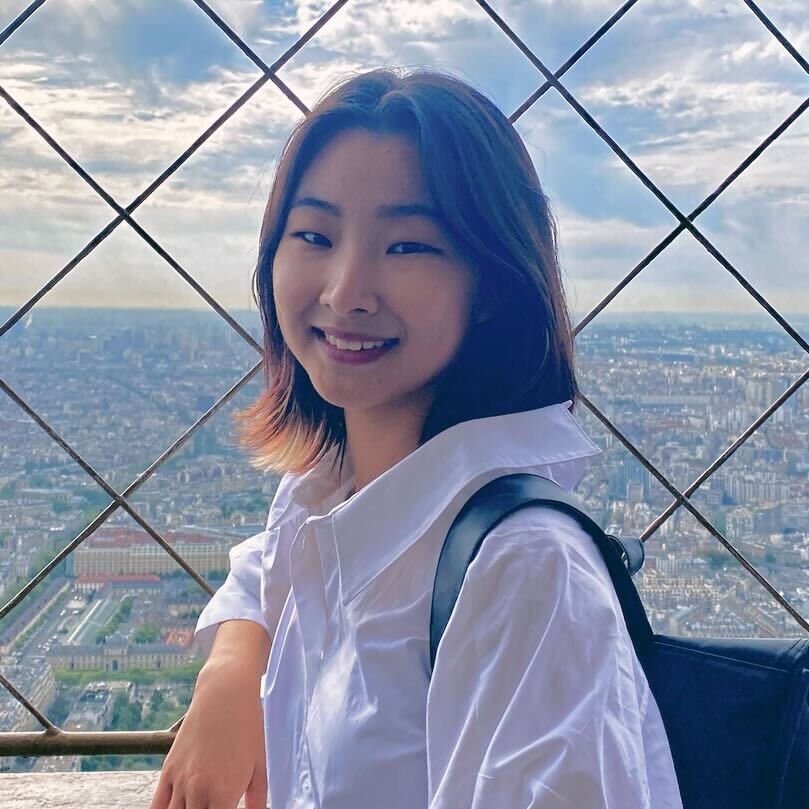
Wenqian (Trista) Xu
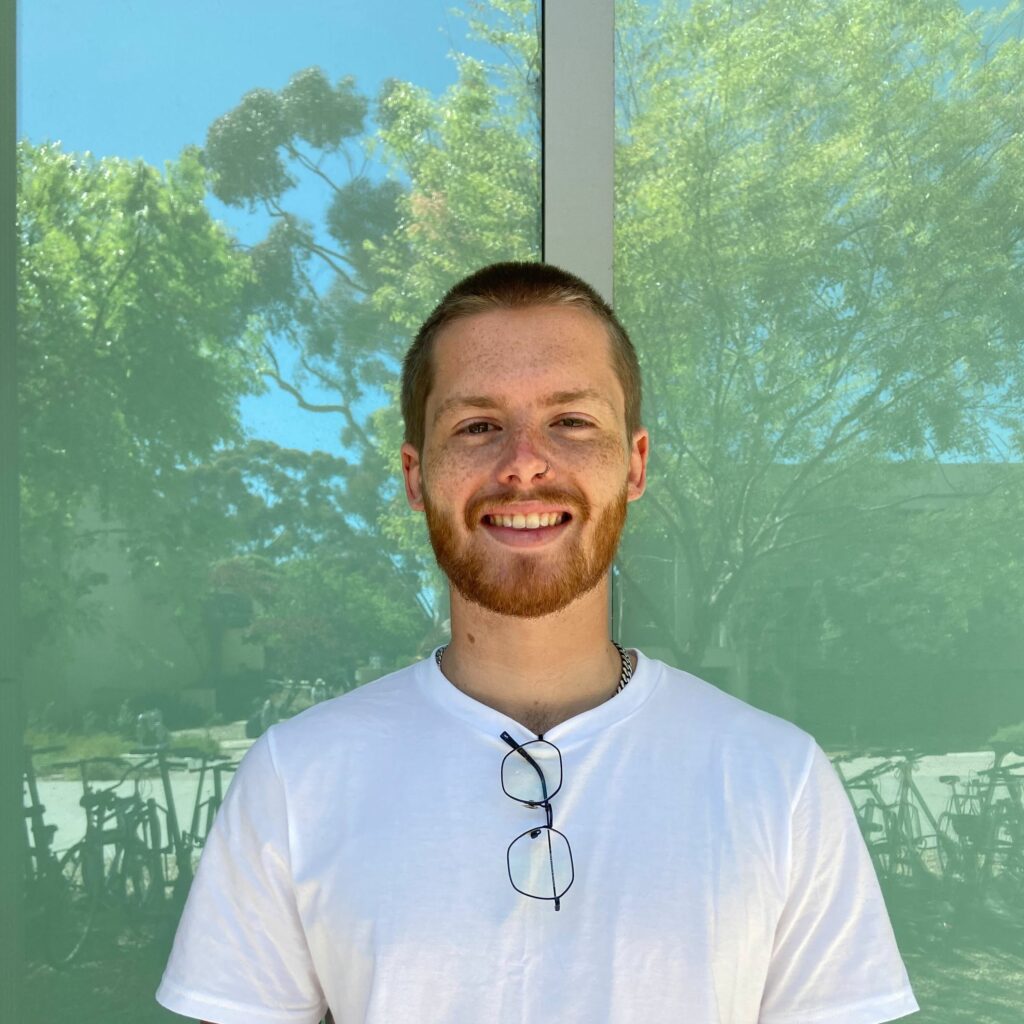
Elvis Smith
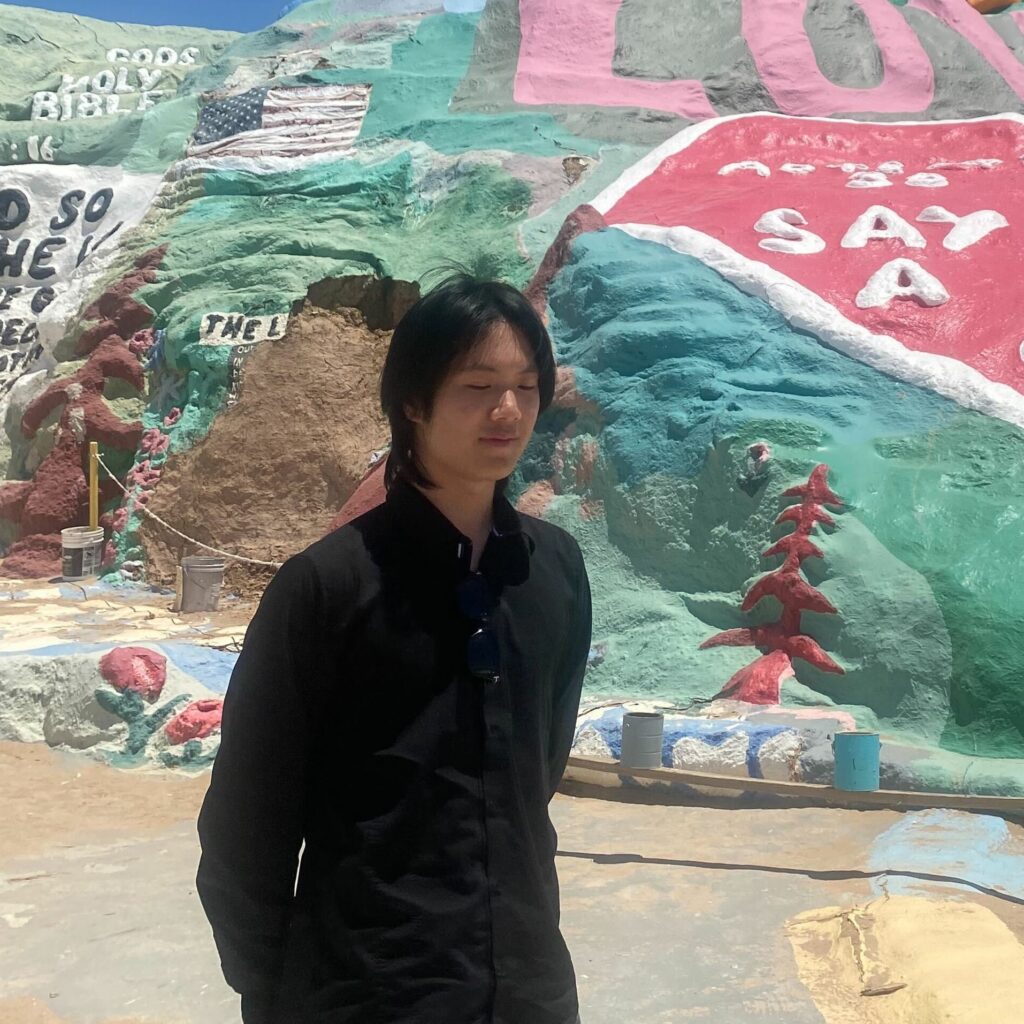
rong Zhou
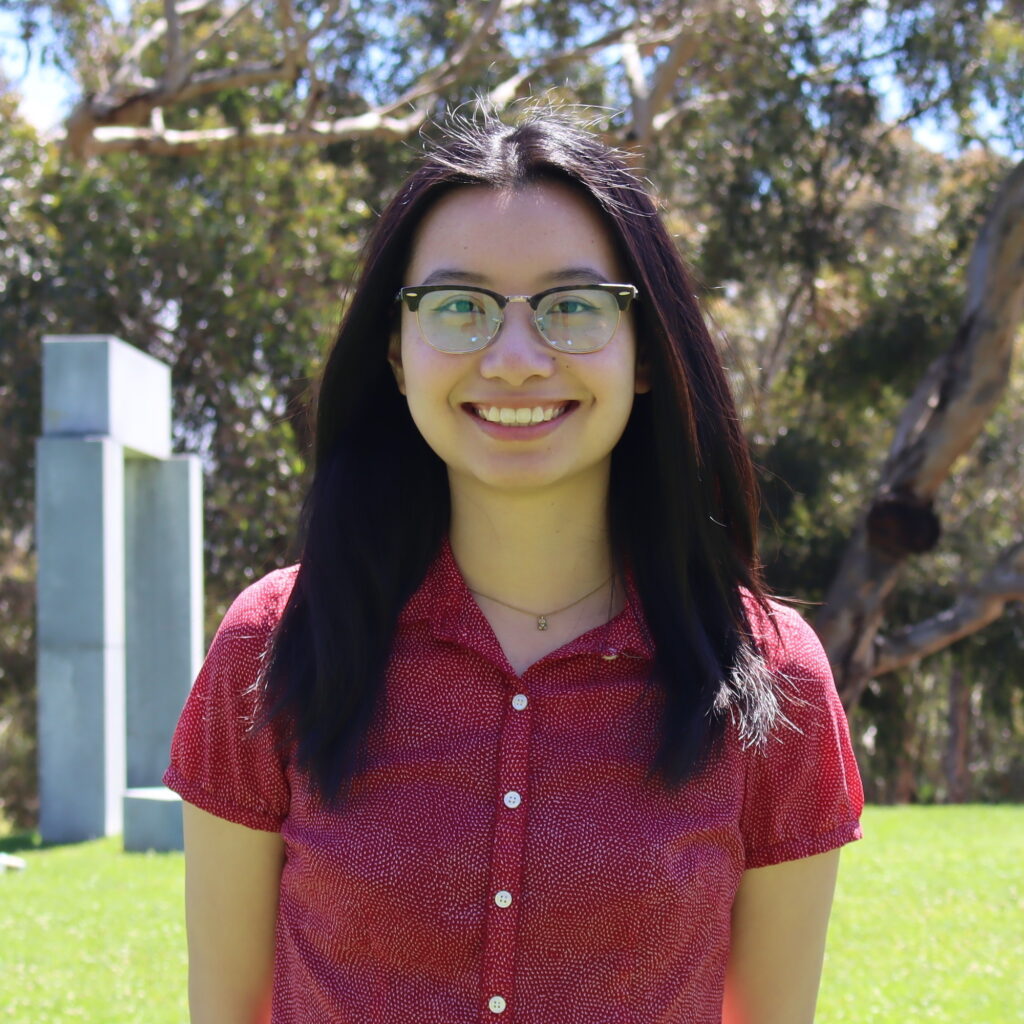
Evelyn Gou
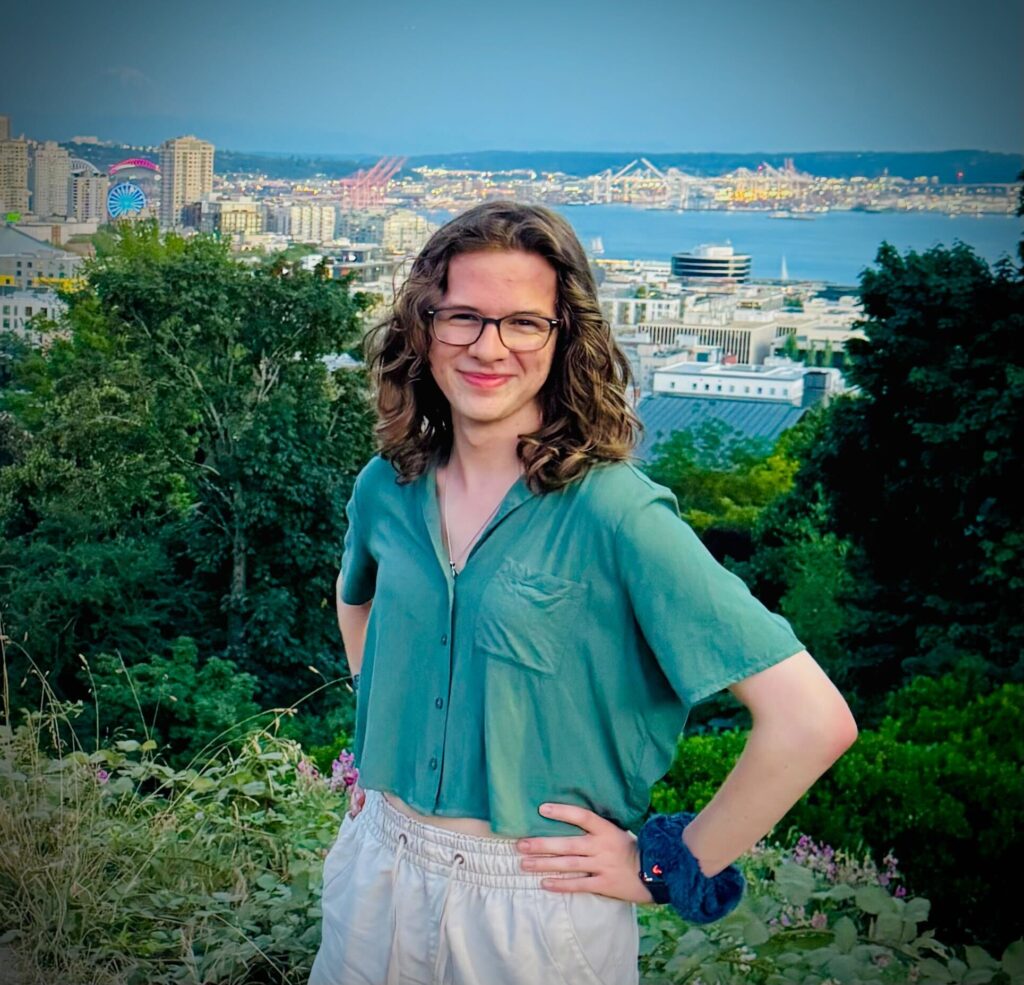
Hunter Flores

Taylor Koshiol

Lalaine Emralino

Elizabeth Kao
Mica Martinez
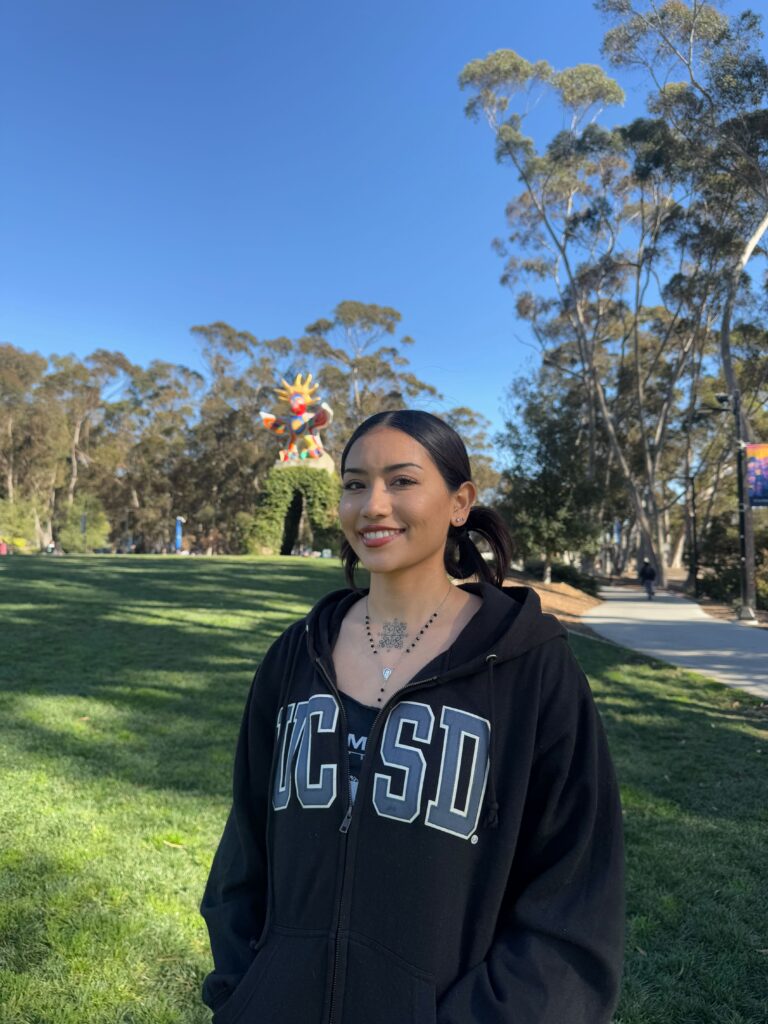
Alyssa Gonzalez
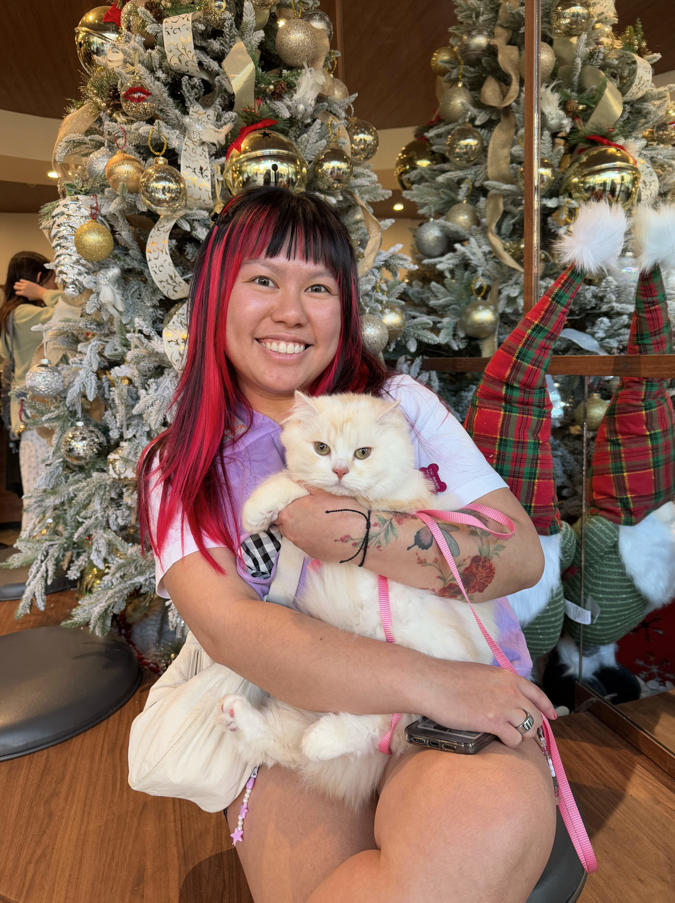
Priscilla Lin
Anoushka Sahai
Agastya Mahalingam